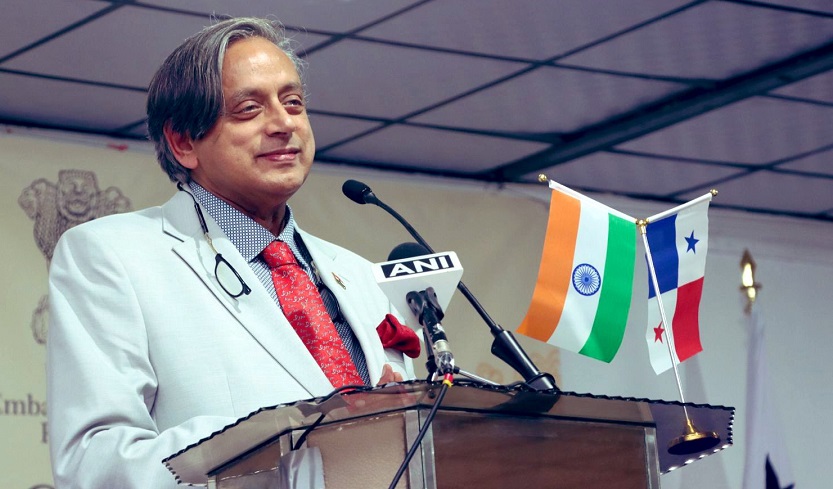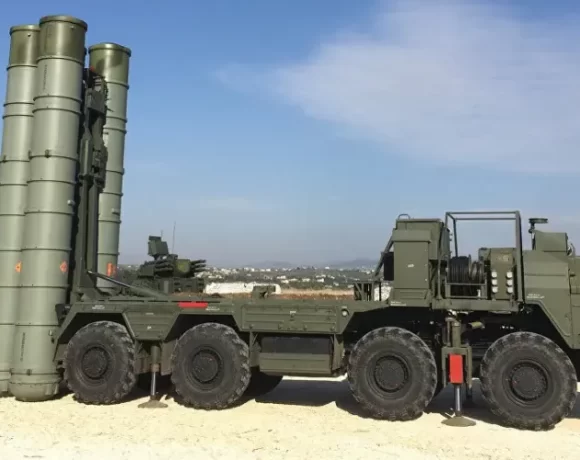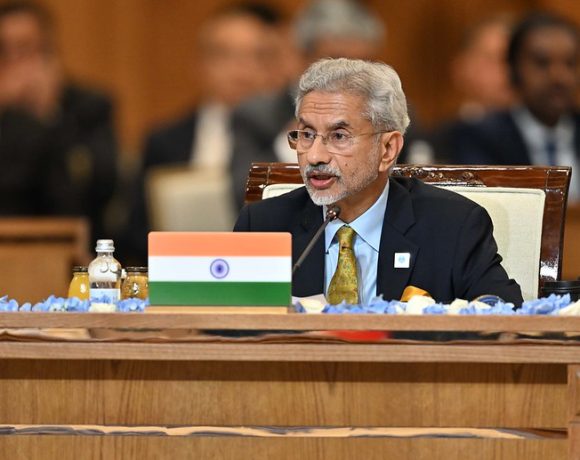
Shashi Tharoor’s Urgent Plea Mentions Sanjay Gandhi Amid Gandhi Family Fallout
In an intense and unexpected turn within the Congress party, senior leader Shashi Tharoor filed an emergency plea this week that notably referenced Sanjay Gandhi, Rahul Gandhi’s uncle, underscoring deepening concerns about internal dynamics and historical legacy.
Tharoor’s plea, submitted to the party’s internal committee, argued that recent decisions reflect “widespread unease” among grassroots members. He drew attention to the shadow of Sanjay Gandhi, whose aggressive political strategies in the 1970s still resonate within sections of the party, influencing decision-making and culture to this day.
Tharoor’s Emergency Plea
Tharoor urged swift resolution of internal disputes, asserting that delays risk further fragmentation. He emphasized the need for greater transparency and respect for democratic norms, warning that failure to act now could “resurrect past patterns of dominance akin to the Sanjay Gandhi era.”
Asserting his concerns, Tharoor stated that the party must “learn from historical missteps, not repeat them,” reinforcing the claim that references to Sanjay were not mere retorts, but urgent signals for comprehensive reform.
Historical Shadow of Sanjay Gandhi
Widely known for his influence during Indira Gandhi’s reign, Sanjay was a polarising figure associated with forced sterilization drives and aggressive party centralization during the Emergency. Tharoor’s use of his name highlights an anxiety that the current party leadership may be veering back toward similar centralization and undemocratic control.
Reactions Within Congress
The plea has ignited considerable debate within Congress ranks. Some party insiders describe Tharoor’s move as a bold warning and call to accountability. Others view it as a controversial escalation that could deepen existing fault lines, particularly in the run‑up to key state and national elections.
Stakes for the Party
At this critical juncture, Congress faces growing challenges from the BJP and regional contenders. Tharoor’s intervention seeks to prompt an urgent structural and cultural recalibration—one that embraces democracy and distance from past excesses. Whether the party responds affirmatively or dismissively could fundamentally shape its unity and electoral prospects in the months ahead.


















